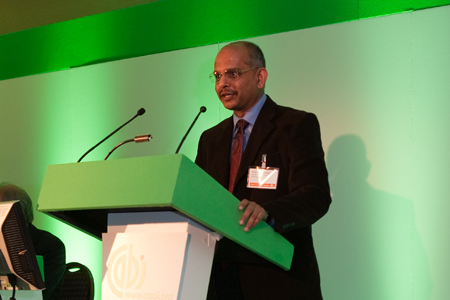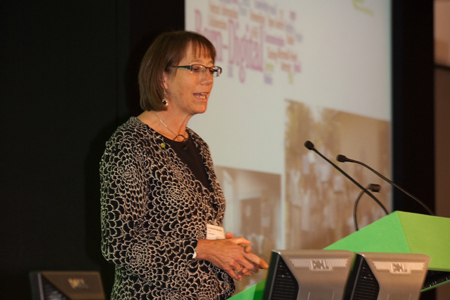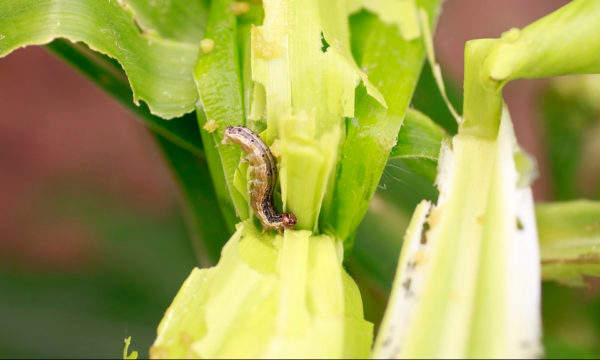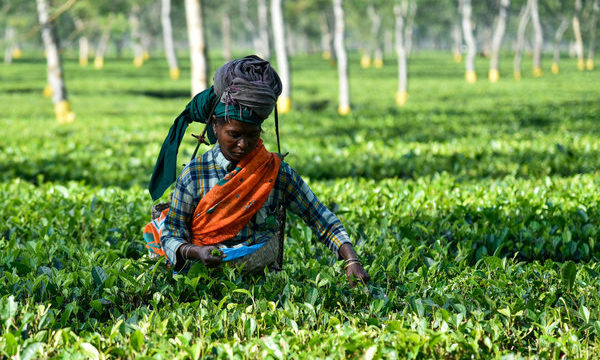In the West, we live in a world of information overload. At our fingertips we have instant access to a wealth of knowledge, and then some…We struggle to keep pace with rapidly developing technology but this is only a problem for the well heeled. In the developing world the story is starkly different.
How we can help bridge the ‘digital divide’, particularly with the use of mobile phones, was discussed in the final session of the CABI Global Summit entitled ‘Information and Communication (ICT’s) in agricultural development’
Dr Stephen Rudgard, Chief, WAICENT Capacity Building & Outreach, Food and Agriculture Organization (FAO), highlighted AGORA – Access to Global Online Research in Agriculture, which he referred to as the “jewel in the crown” of the FAO’s ICT programmes. AGORA is a partnership between the FAO and over 60 publishers, including CABI, and gives free access to over 1300 journals in agriculture and related fields to 107 eligible countries. There are over 200 institutions registered in 90 countries.
While most people would agree that this is a worthy idea, the reality is that the uptake falls short of the ideal. Some institutions, registered for years, have failed to use AGORA at all explained Dr Rudgard. The problem lies with issues of access; in particular the speed of internet access is a major problem. To help address these issues CIARD came into being. CIARD which stands for Coherence in Information for Agricultural Research and Development is a partnership aimed to develop effective and coherent institutional approaches to sharing agricultural science and technology information based on common standards.

Following on from Dr Rudgard's speech, Dr Harsha Liyanage, Managing Director, Sarvodaya ICT4D Movement re-established the effectiveness of communication technologies by giving real-life examples of the importance of telephones and in particular telecentres, established throughout Sri Lanka. More than 600 telecentres established in Sri Lanka have improved access to information for some of the poorest farmers. Dr Liyanage explained how the telecentres have led to local community motivation, skills development, self learning, exploration and ultimately application of knowledge.
Mr Theophilus Mlaki, former Director of Information, Tanzania Commission for Science and Technology, ended his presentation with a sage note of advice by saying that in the years to come the difference will not be between rich and poor countries but between nations with high or low levels of knowledge.

The final speaker, Dr Elizabeth Dodsworth, Global Director, Knowledge Management, CABI, highlighted the changing face of technology. The audience was asked to raise their hand if they had a mobile phone. Through an overwhelming show of hands it was established that most people had a mobile phone with them. They were then asked if 10 years ago they would have had a mobile phone and the answer was very different. Dr Dodsworth then took the audience 10 years into the future and said that the technology we will use will be vastly different from what we currently use.
Dr Dodsworth spoke of the ever increasing importance of the mobile phone throughout the world. The take-home message of the session was that mobile phones will be the communication tool of the future.
Related News & Blogs
CABI’s Dialogue in Agriculture brings experts together to share learning in development communication
At the end of November, CABI’s development communication team brought stakeholders and key partners together in the first event of its kind called – ‘Dialogue in Agriculture: Inclusive and demand-driven communication in smallholder agricultural systems’ – to share learning from recent communication campaigns in parts of Africa and Asia.
16 December 2019



